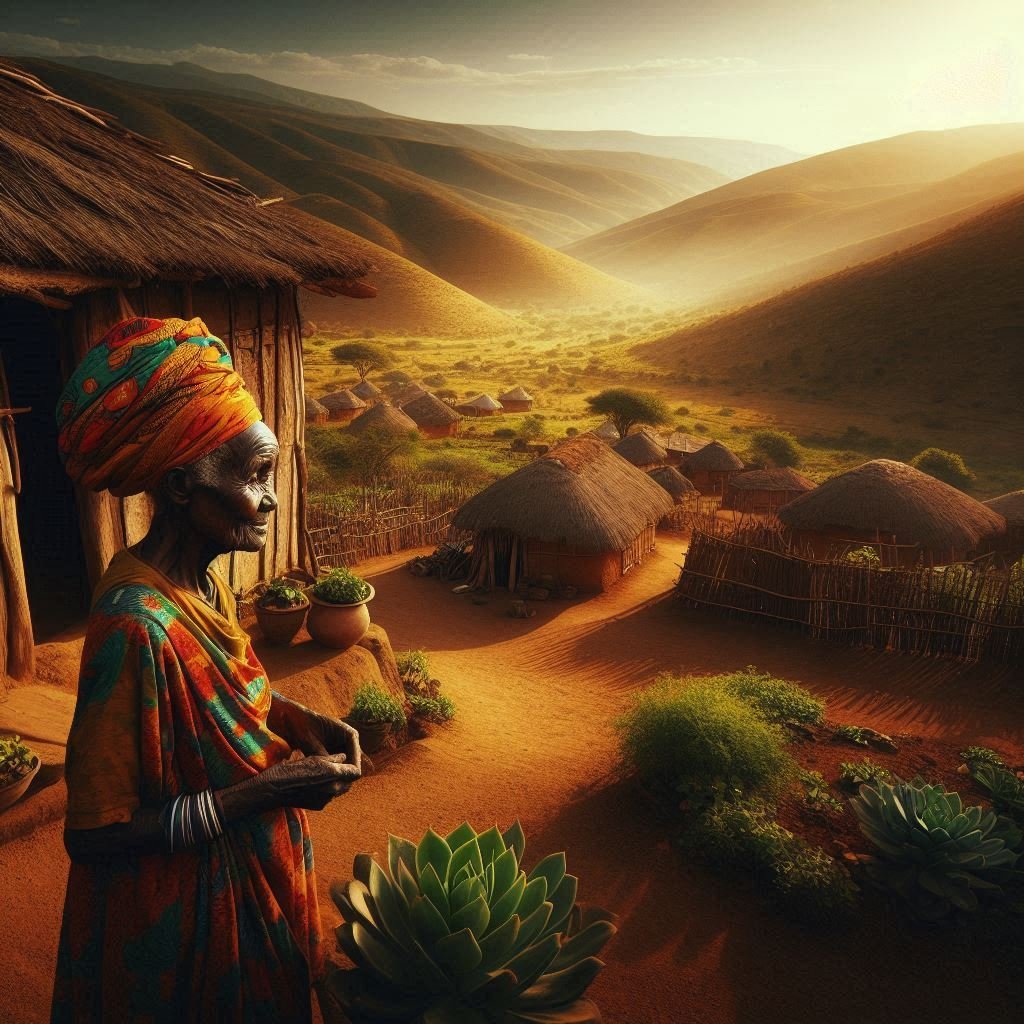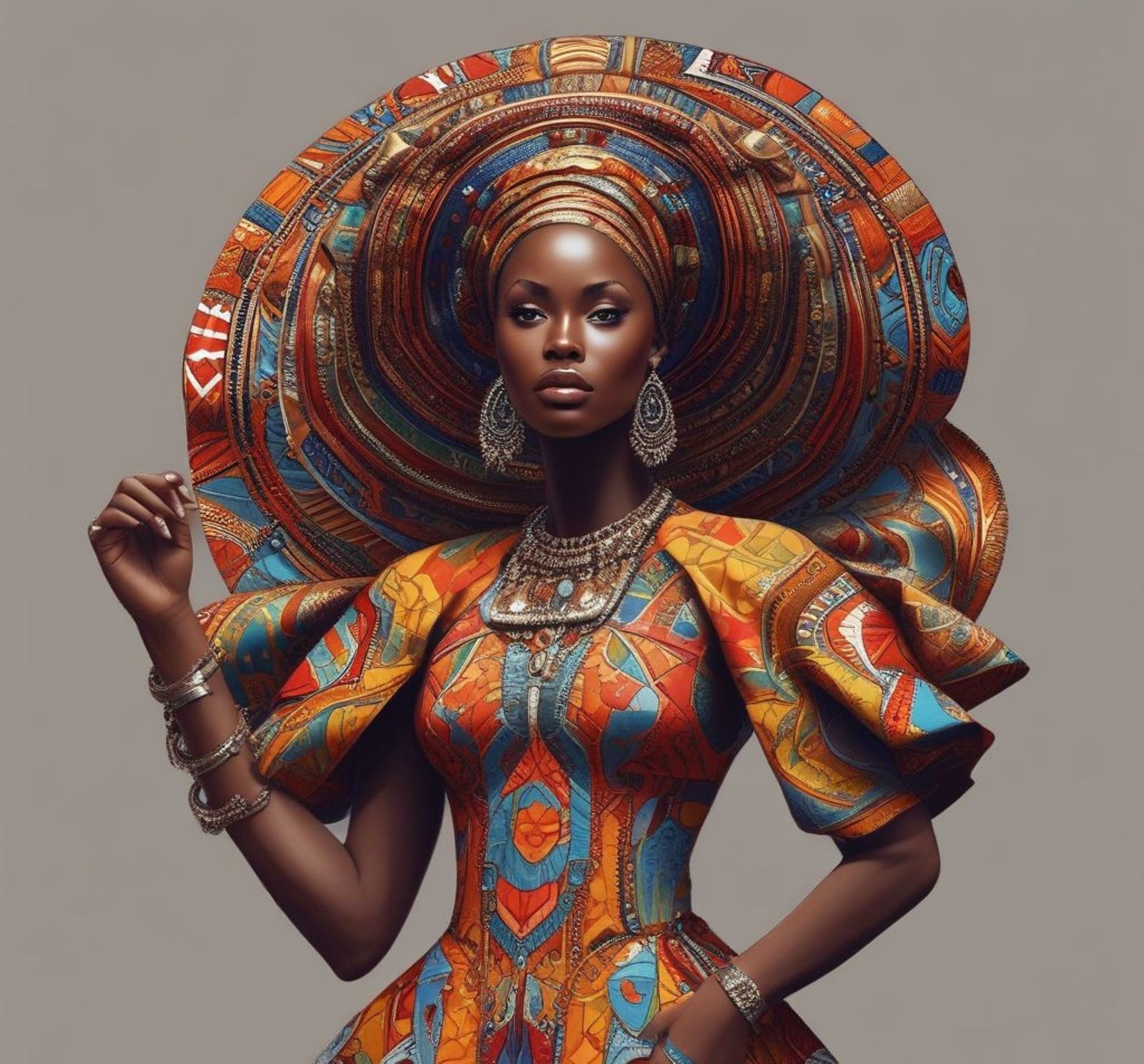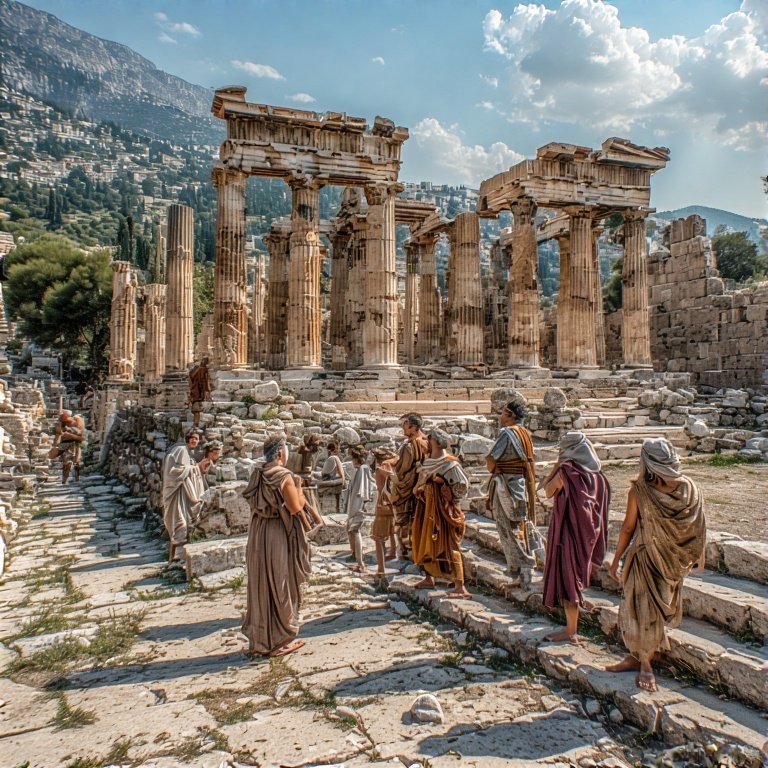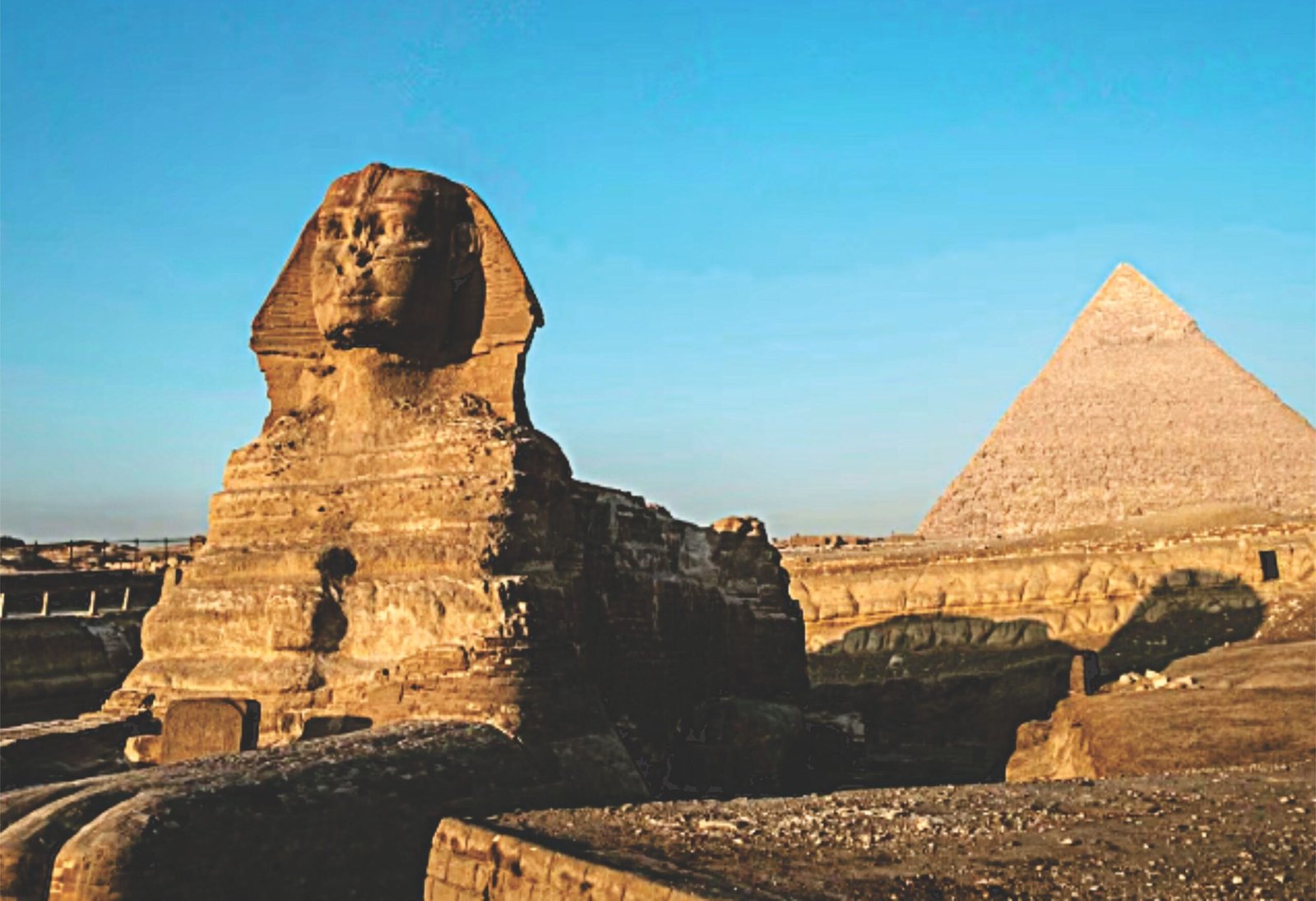Benefits of African Traditional Medicine Over Western Medicine

Historical Context and Foundations
For centuries, African traditional medicine has been a cornerstone of healing in many communities. Rooted in rich cultural beliefs and practices, it emphasizes a holistic treatment of the body. This approach has proven effective for many, especially in areas where access to modern healthcare is limited. However, the rise of Western medicine, particularly in the last century, has transformed this paradigm.
The ongoing debate between African traditional medicine, particularly herbal remedies, and Western medicine, often characterized by synthetic drugs, highlights two distinct approaches to health and healing. These methods stem from different philosophical, cultural, and scientific backgrounds, leading to varied perspectives on health, treatment, and patient care.
The distinction between Western medicine and African traditional medicine is often characterized by their differing approaches to health and healing. At the heart of these differences lies the fundamental philosophy of each system toward managing ailments and treating diseases. Western medicine, typically organized around a scientific and evidence-based model, often aims to manage ailments through symptomatic relief, utilizing pharmaceuticals and technology. Conversely, African traditional medicine embraces a holistic approach, focusing on treating the underlying causes of ailments and restoring balance within the body and the patient’s environment.
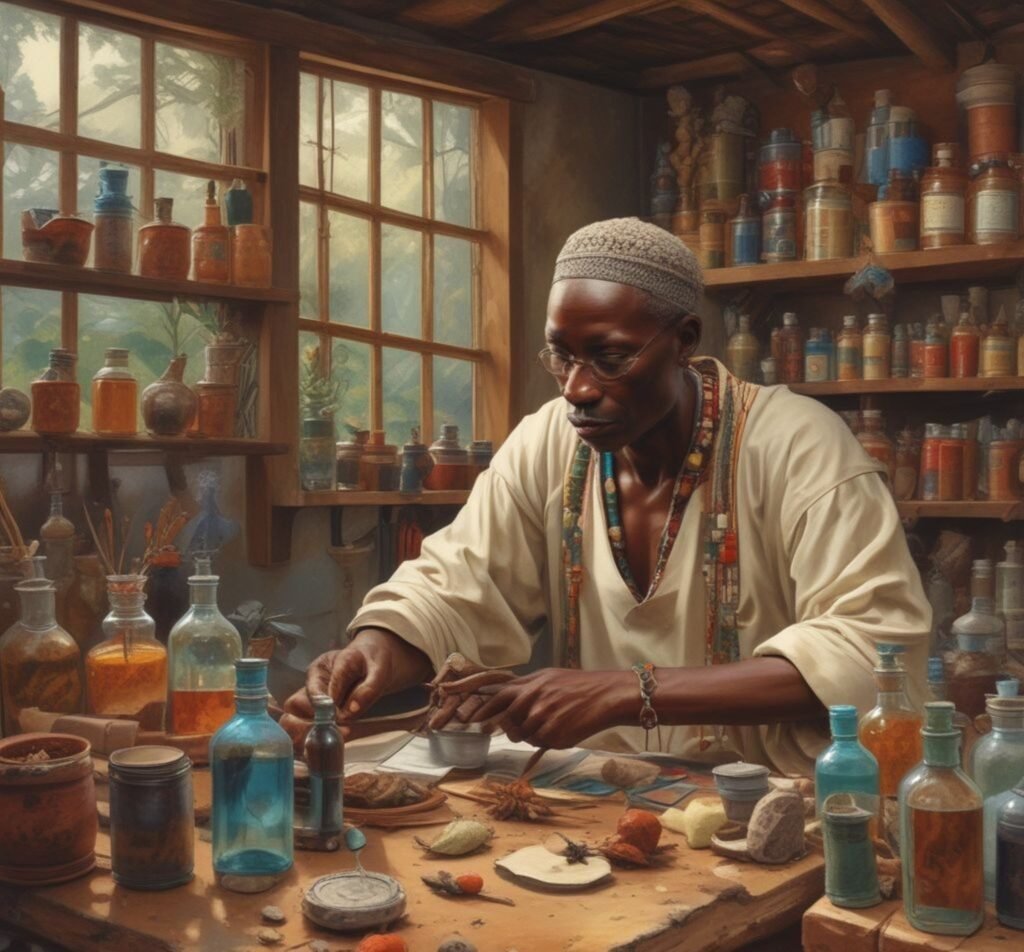
Philosophy of Healing
African traditional medicine has deep roots in the continent’s rich cultural tapestry, where healing practices have been passed down through generations. The use of herbs, plants, and natural resources is foundational, with each community developing its unique understanding of local flora.
Ancient civilizations in Africa utilized knowledge of plants, often through trial and error,(considered clinical trials in modern medicine) to manage illnesses, injuries, and ailments just as Western medicine utilizes experiment. Herbalists, revered as custodians of this knowledge, use a holistic approach, prioritizing the balance of body, mind, and spirit.

Western medicine emerged from a scientific revolution, focusing on empirical evidence and advancements in technology. It relies on rigorous research, clinical trials, and a reductionist approach, which separates health issues into specific causes and symptoms. This has led to the development of synthetic medications designed to target specific ailments at a molecular level.
Many diseases that were once considered major health threats have been managed or eradicated due to vaccines and effective medications. For example, diseases like smallpox and polio have seen dramatic declines due to intensive vaccination programs and the introduction of sophisticated treatments.
Culture on Treatment

In various African cultures, traditional methods of treating the sick have been utilized for centuries. The approaches vary widely across different ethnic groups and regions, but they typically incorporate elements of herbal medicine, and community participation. These healers prepare concoctions such as teas, poultices, or pastes, depending on the ailment and the patient’s condition. Patients often seek these herbal remedies for their perceived efficacy and the holistic approach taken, which considers physical, emotional, and spiritual well-being.
The African method of treatment is distinctive, recognized for its holistic approach that aims to address the root causes of ailments, rather than merely alleviating symptoms. This comprehensive methodology not only seeks to heal the physical body but also to restore the balance between the individual’s spirit, mind, and environment. Numerous other herbs, such as ginger and garlic, have been backed by scientific studies affirming their medicinal properties.
This traditional approach recognizes the integral connection between body, mind, and spirit, leading to a more comprehensive exploration of health. Each case is approached with a belief in the interconnectedness of societal elements, enhancing overall healing rather than isolating symptoms. Consequently, practitioners of traditional medicine often serve as community counselors, educators, and advocates for lifestyle changes that promote health and well-being.

The ongoing debate between Western modern medicine and African traditional medicine is filled with perspectives that highlight the strengths and weaknesses of both systems. While Western medicine has achieved remarkable advances in technology and treatments, there are some disadvantages when compared to African traditional medicine.
Western medicine is predominantly built on the principles of empirical research, clinical trials, and biochemical interventions. The primary goal is to diagnose and manage diseases effectively. For instance, if a patient presents with hypertension, the Western approach typically involves the use of antihypertensive medications to control blood pressure. These medications help in managing the condition to prevent immediate complications, but they often do not address the deeper lifestyle factors or the root causes of the disease.
This model is particularly effective in acute care situations and in the management of various conditions, as it can bring about rapid relief of symptoms. It lends itself well to a culture of quantification, where measurements and diagnostic tests are integral in decision-making. However, this focus on management rather than treatment can sometimes lead to a cycle of ongoing medication without a comprehensive understanding of the holistic health of the patient.
Western medicine tends to focus primarily on the physical aspects of diseases, sometimes neglecting the overall well-being of the patient.
Scientific Background on Treatment

Many traditional medicinal practices use locally available herbs and plants, making them significantly less expensive than Western pharmaceuticals and treatments. This cost-effectiveness can be crucial for economically disadvantaged populations.
Another significant advantage of African traditional medicine is its reliance on natural resources. Many traditional medicines are derived from indigenous plants, herbs, and minerals that have been used for generations. The use of herbal remedies derived from local flora, is considered safer and more natural compared to synthetic medications. This preference resonates with individuals concerned about side effects associated with conventional drugs. Moreover, natural remedies tend to have fewer side effects compared to synthetic medications, which can be beneficial for patients seeking safer alternatives.
African traditional medicine is dynamic and can adapt to changes in health practices and challenges faced by communities. This adaptability allows for the incorporation of new knowledge and herbal practices, making it relevant in the face of emerging health issues.
Traditional medicine practitioners are often more readily available in rural and remote areas where modern healthcare facilities may be sparse. This accessibility allows individuals to seek care without the challenges posed by distance and transportation.

Many pharmaceuticals used in Western medicine can have significant side effects and lead to dependency issues. On the other hand, herbal remedies and natural treatments found in African traditional medicine often boast fewer side effects
Conversely, the rise of Western drugs has also been implicated in the emergence of new health issues. The extensive use of antibiotics has led to antibiotic resistance, a pressing global health concern that threatens the efficacy of these essential medications.
Moreover, the side effects associated with many Western drugs cannot be overlooked. From mild reactions to severe complications, the adverse effects of medications can at times outweigh the benefits they offer.
Access to Western medical care can be prohibitively expensive. The socioeconomic dynamics intertwined with the availability and distribution of Western drugs further complicate health outcomes. Access to these drugs often correlates with wealth and geographical location, leaving marginalized communities at a disadvantage. In many developing nations, the cost of Western pharmaceuticals can be prohibitive, leading to a reliance on substandard treatments and traditional remedies. This disparity not only exacerbates existing health inequities but also leads to the persistence of diseases that could otherwise be treated effectively.
Integration and Collaboration


While African traditional herbal medicine and Western synthetic medicine operate on fundamentally different principles and practices, both aim to improve health and well-being. Recognizing the strengths and limitations of each system can cultivate a more comprehensive and effective approach to healing. Ultimately, the most effective healthcare solutions may arise from an open-minded integration of both traditional wisdom and modern science, offering patients a broader spectrum of care that respects cultural practices while ensuring efficacy and safety.
As the world becomes increasingly interconnected, there is a growing movement towards integration between African traditional medicine and Western medicine. This approach seeks to create a comprehensive healthcare system that harnesses the strengths of both practices. Many healthcare professionals advocate for the inclusion of traditional remedies in patient care, particularly for managing chronic conditions where holistic strategies may offer additional benefits.
Integrated health practices can enhance patient outcomes by providing a broader range of treatment options. The key resides in mutual respect and understanding between the two systems. Education and awareness can foster collaboration, enabling healthcare providers to incorporate local medicinal knowledge into their practice without compromising on safety and efficacy.
In conclusion, while Western drugs have undeniably revolutionized healthcare and played a vital role in managing many diseases, their widespread adoption has also introduced new complexities to health systems around the world. While Western medicine often seeks to manage ailments through targeted pharmaceutical interventions, African traditional medicine endeavors to treat individuals as whole beings, addressing not only their physical symptoms but the social, spiritual, and emotional dimensions of their health. The potential for a synergistic relationship between the two systems could usher in a new era of comprehensive healthcare, improving outcomes and fostering deeper healing for individuals within diverse communities. The interplay between traditional African medicine and Western pharmaceuticals necessitates a critical examination of the benefits and pitfalls inherent in these approaches. Ultimately, the goal should be to create a harmonious healthcare system that combines the strengths of both traditions, aiming not just to treat disease but to promote holistic wellness and prevent the emergence of new health challenges. The acknowledgement that “the devil has no free gift” serves as a potent reminder that every medical advancement comes with responsibilities and repercussions demanding careful consideration and a balanced approach.



